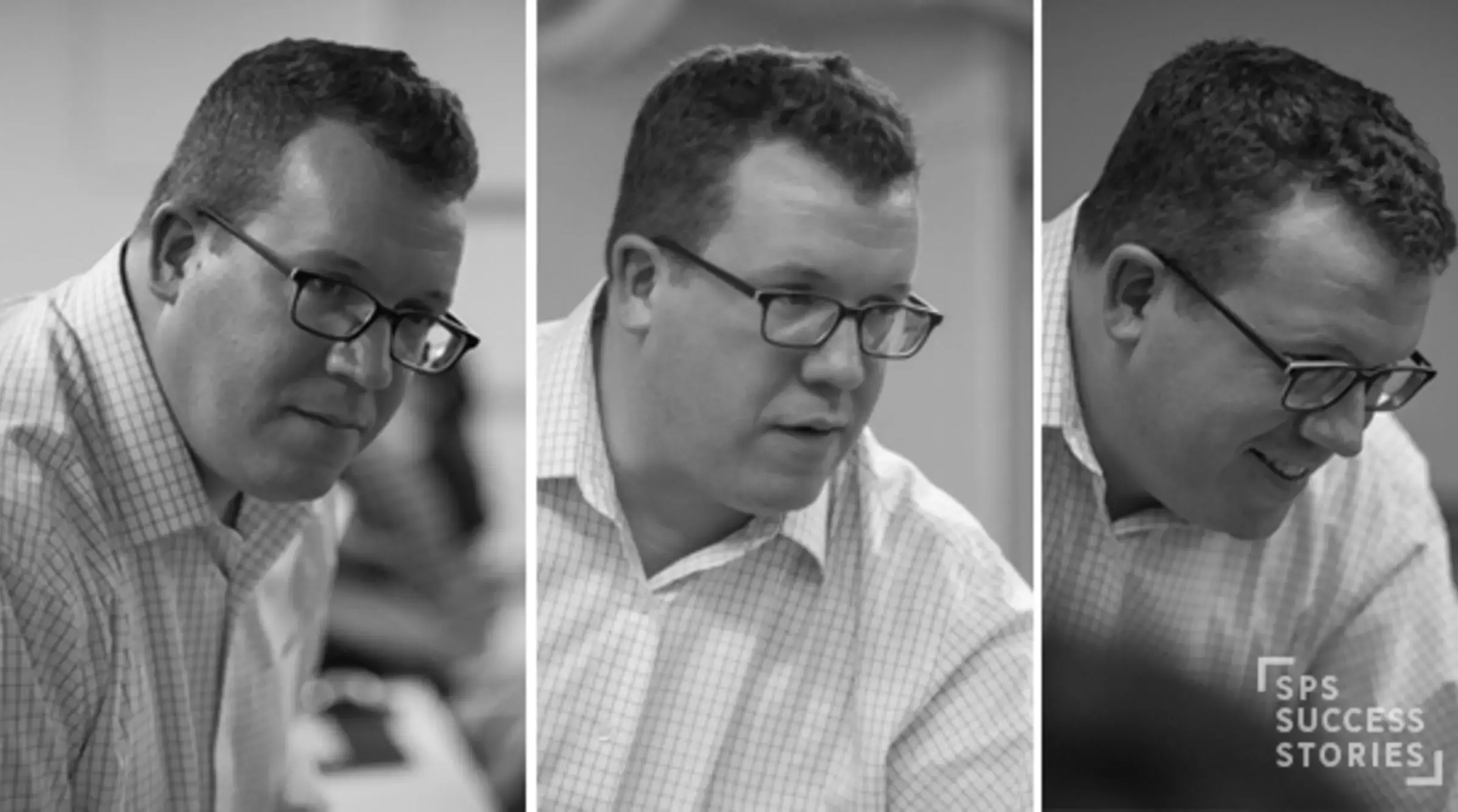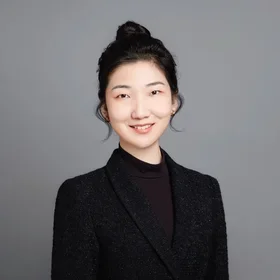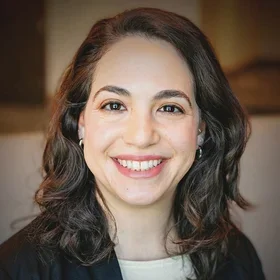Benjamin Royce (’13SPS, Information and Knowledge Strategy [IKNS]) currently works as the Head of Cloud AI Services at Google in New York City, where his role involves informing customers about product functions and eliminating uncertainty.
Q: How do you define the Information and Knowledge Strategy (IKNS) degree?
A: It's a program that helps people understand how organizations effectively communicate inside them and externally. For example, how knowledge is shared between departments, managers and subordinates, and how that information gets transferred amongst organizations to make them more effective.
Q: How did your experience at Columbia prepare you for your career?
A: At Google, information and data are absolutely critical. The way that it flows, even within the organization, is critical as well. The program from the School of Professional Studies helped me understand who needed to know what, where, and when so that we could be much more effective and efficient as an organization. As a program, it was very knowledge-driven and really showed us practical applications to the theory that we learned about how organizations function.
Q: How does what you learned at Columbia translate into your job at Google?
A: What I learned at Columbia helps me put documents together, put presentations together, put even things as simple as emails together, where I know what to communicate to whom and who needs to know it and when. Those skills mean that I have to understand how different organizational functions work, how managers think versus how analysts think, how buyers and account managers think, and make sure that they have access to the information that I've provided.
Q: What are some challenges that you have encountered at Google but were able to solve as a result of your experience at the School of Professional Studies?
A: One of the challenges that any large organization has in the knowledge economy is how it organizes data when team members either leave, or move teams, or leave the organization as a whole. The School of Professional Studies made sure that there was no loss of knowledge when a person left, or moved teams, or just dropped the ball in some cases. We learned how to structure data, structure information and knowledge, so that it could be used by everyone regardless of who has left the organization.



